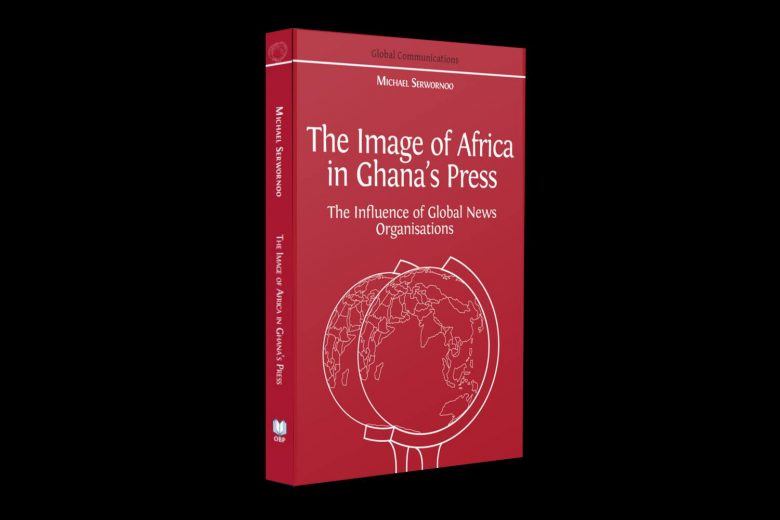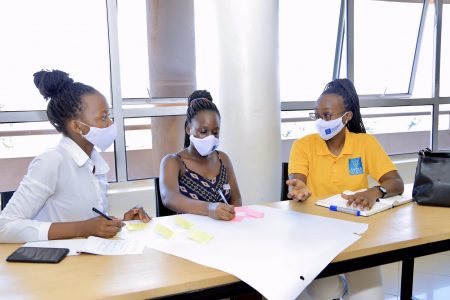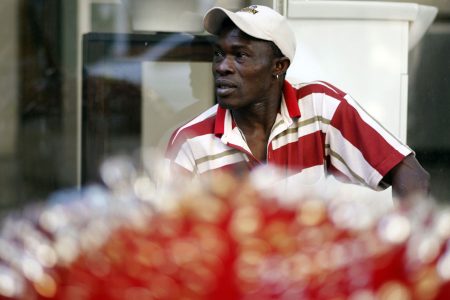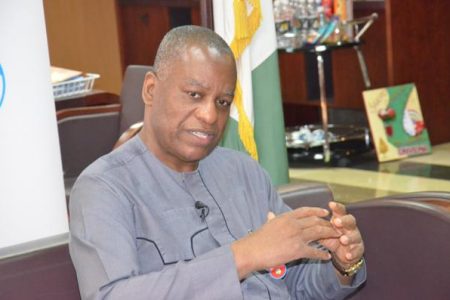(Free online @ DOI: 10.11647/OBP.0227)
Many agents of society raise issues with the practice of journalism today. Many of these concerns remain weaknesses of journalism as a practice of representation. The day’s news in our living room captures but a figment of the struggles and triumphs of the people. We know journalism will never individually or together with all media houses capture the true image of a people or places in their broadcast or printed pages or social media posts. The reasons that account for these are many and Western countries largely accept these weaknesses of journalism and attempt to improve them: First, journalists are guided fundamentally by mechanistic rules that knowingly or unknowingly evade what we call objective selection of the top news of the day. Instead of objective events of the day, we could as well say the most “subjectively dramatic” events of the day. Second, another very important criterion relates to ownership, society and cultural milieu in which journalists operate. These also influence the further selection of the news of the day. It is just impossible to see the news of the day as an objective assessment of the day’s events.
Western societies generally accept these weaknesses locally because journalists are involved in a very special translation of events into stories. Journalists attempt to render events visibly to audiences in the best of their knowledge. This translation hardly accommodates the pre-event circumstances which significantly determine why the events are occurring and with which severity. The journalist’s translations, with their weaknesses, are received by the audiences from a different lens. The reception process is something they (journalists) cannot control but they can also not refute to have influenced, through words and images, what their audiences think. In the nutshell, journalists are involved in a complex practice far from being described as objective.
But when it comes to Africa and why her predominantly negative reportage around the world is not changing, a debate ensues which makes useless our previous understanding of the journalism practice. How could it be that the global journalists’ reliance on objective reportage of cultural milieus exonerates them from such complex journalistic translations I have explained? In any case, their form of translation is even more complex because they are highly incapable of understanding what they see because of their newness to the new culture. Representation, in itself, remains flawed as a concept and more so evident when one culture takes the centre stage in describing other cultures? In this book, I answer the question of how Africa’s image around the globe is resistant to any positive change and how has this lack of change influenced Ghana-a pan-African nation in West Africa. This book is different for a few reasons. First, it is very frank with journalism in Ghana. Second, analysing the African press to demonstrate the gravity of the rippling effects of centuries of Afro-pessimistic international communication order and ambivalences it has created when it comes to the continent’s reportage.
I have demonstrated in this book that Africa’s media image in Ghana is dominated by themes of war, crime, killings, crises, and terrorism. The African story is narrated with a negative tone and with significant reliance on global news organisations from the Northern hemisphere as sources. For the Ghanaian journalists and editors, harsh economic conditions and their cost-cutting rationale in the media business, plus proximity in journalistic ideology to the West and the uneven power encounter in the colonial experience have aggravated the kind of coverage Africa gets even from countries in her own continent.



